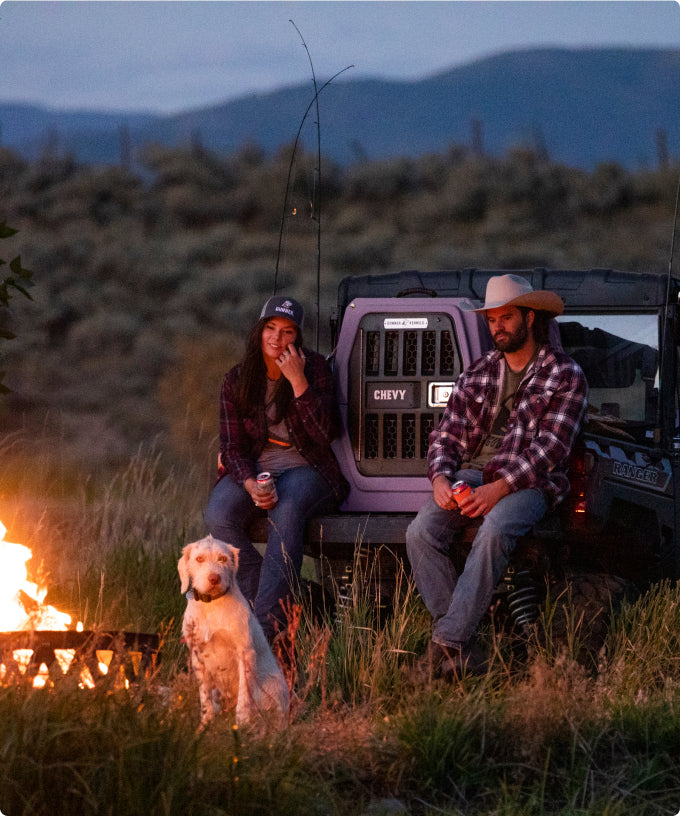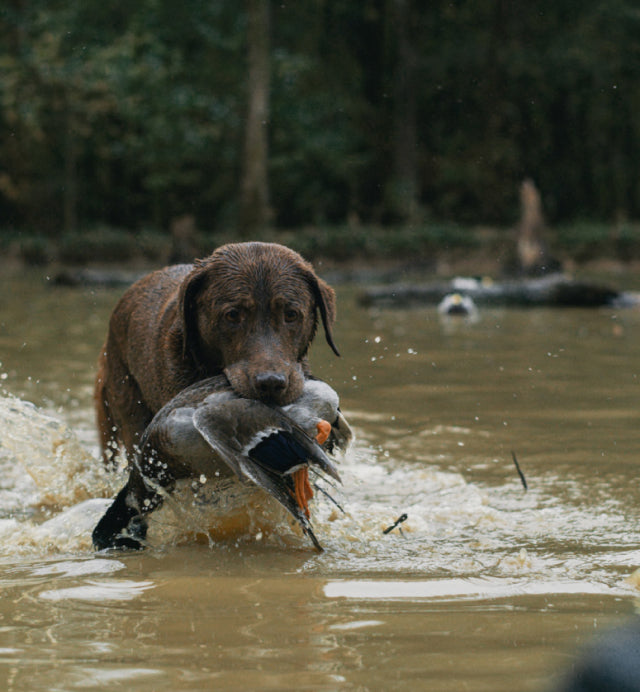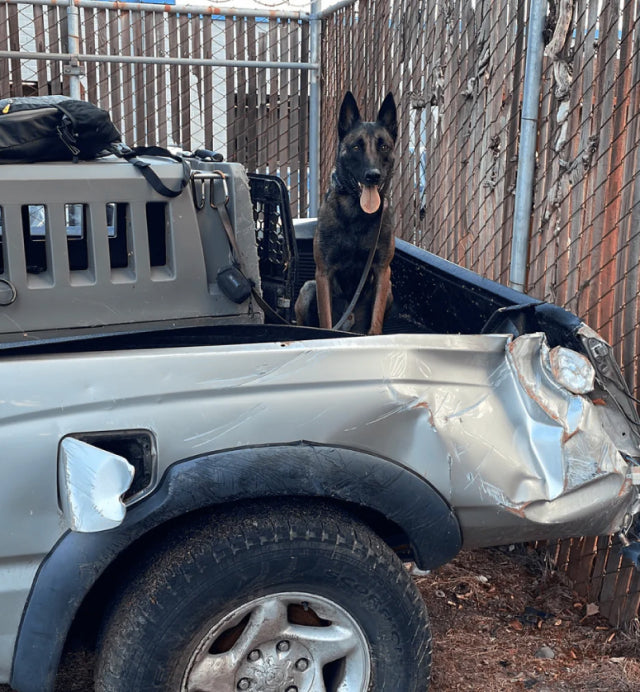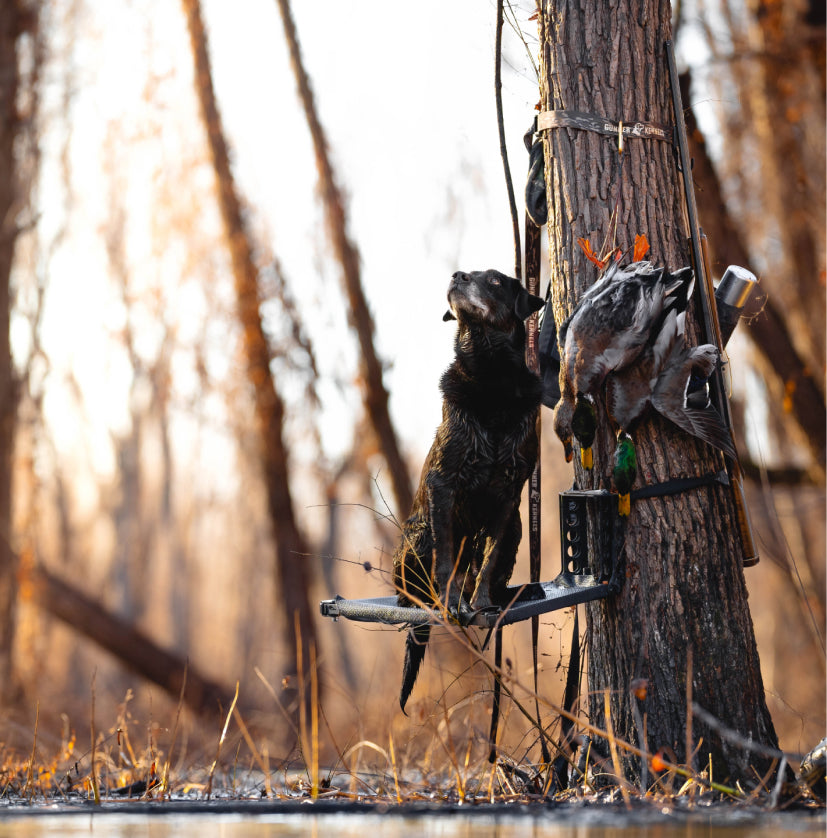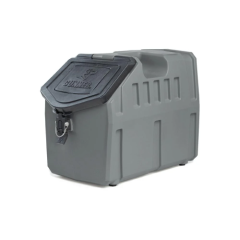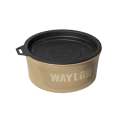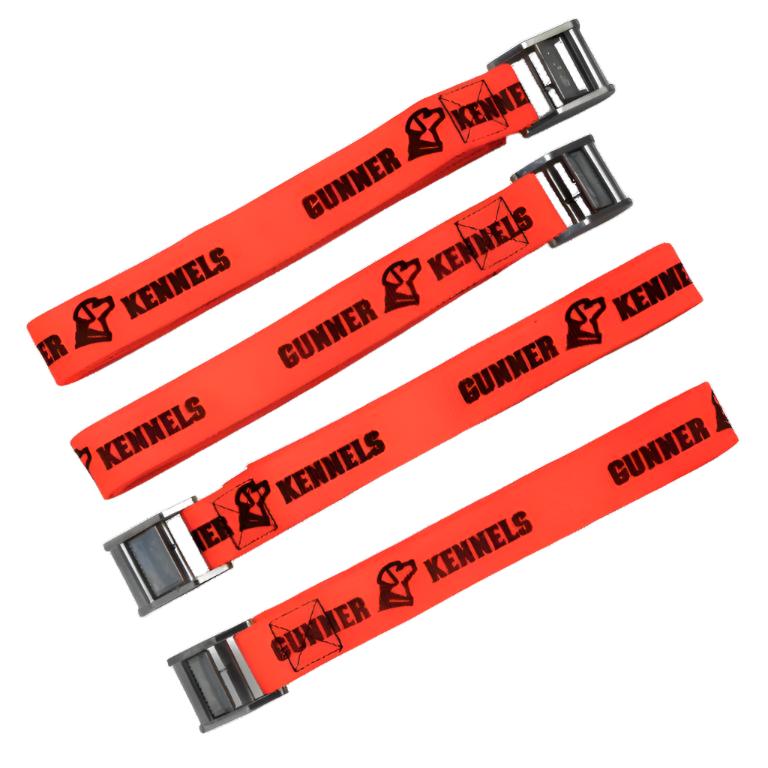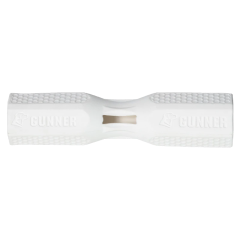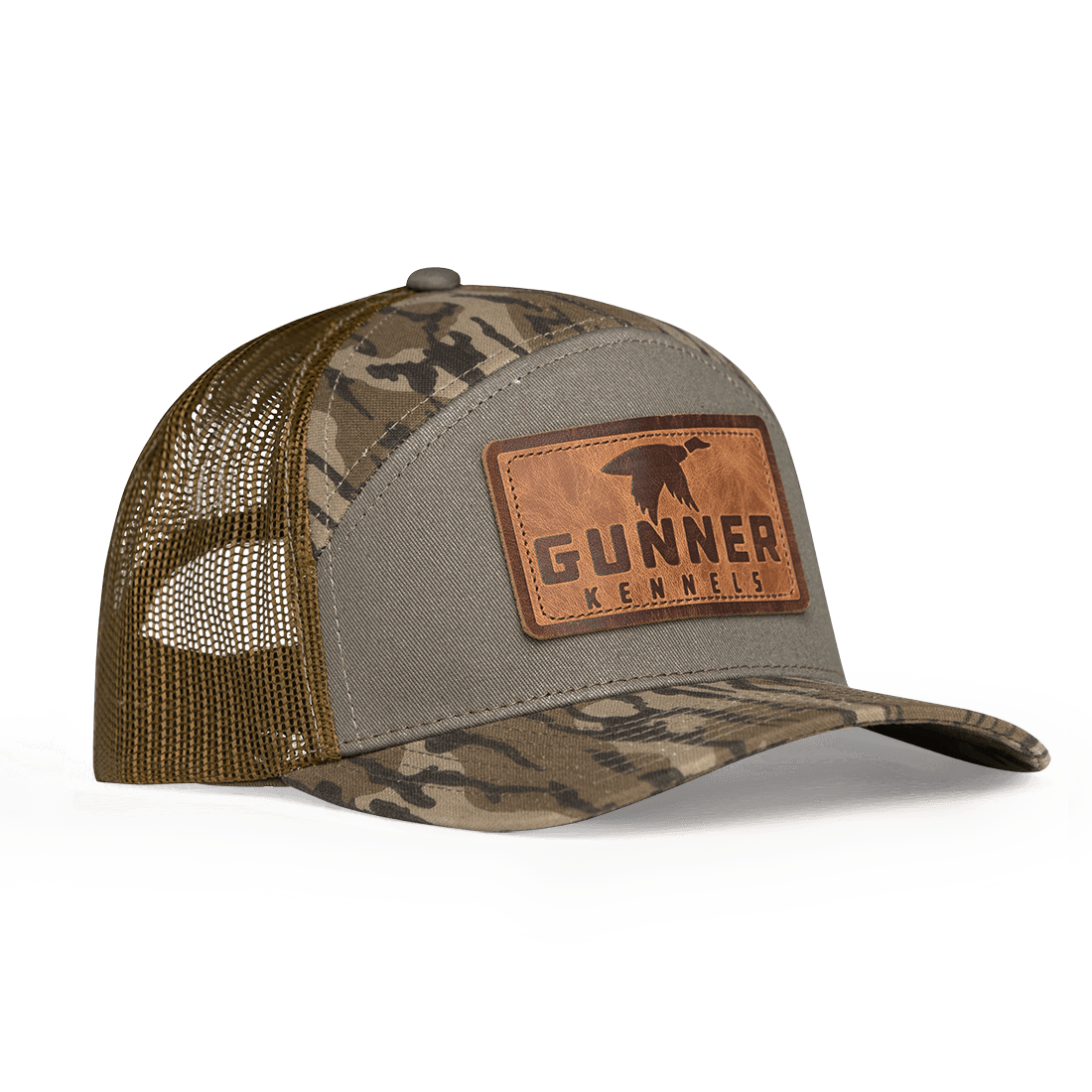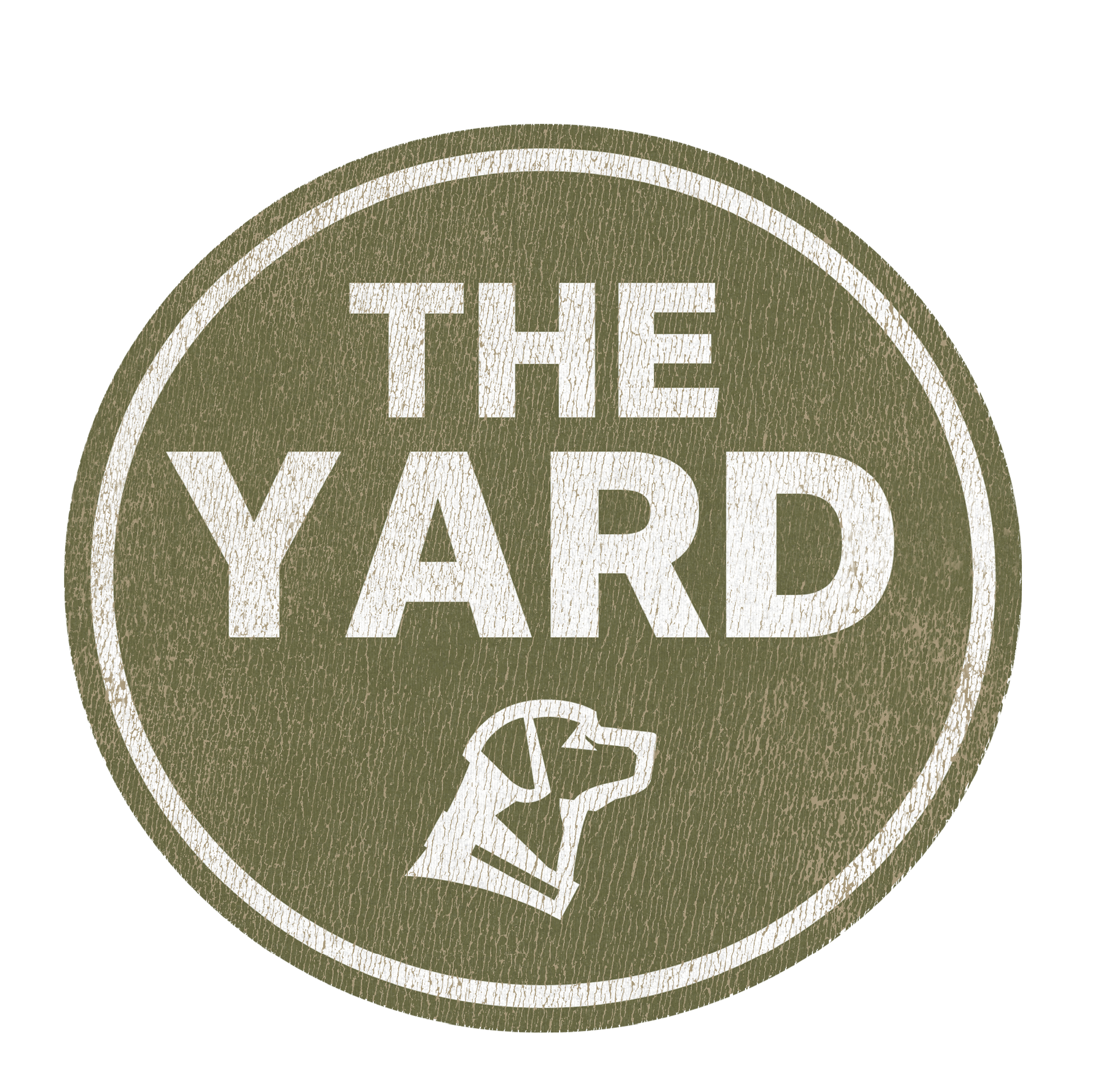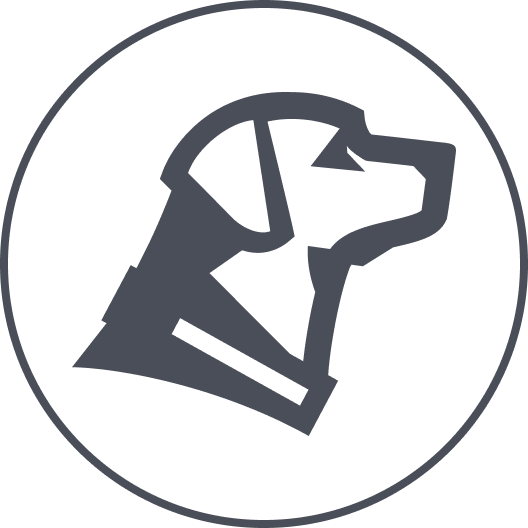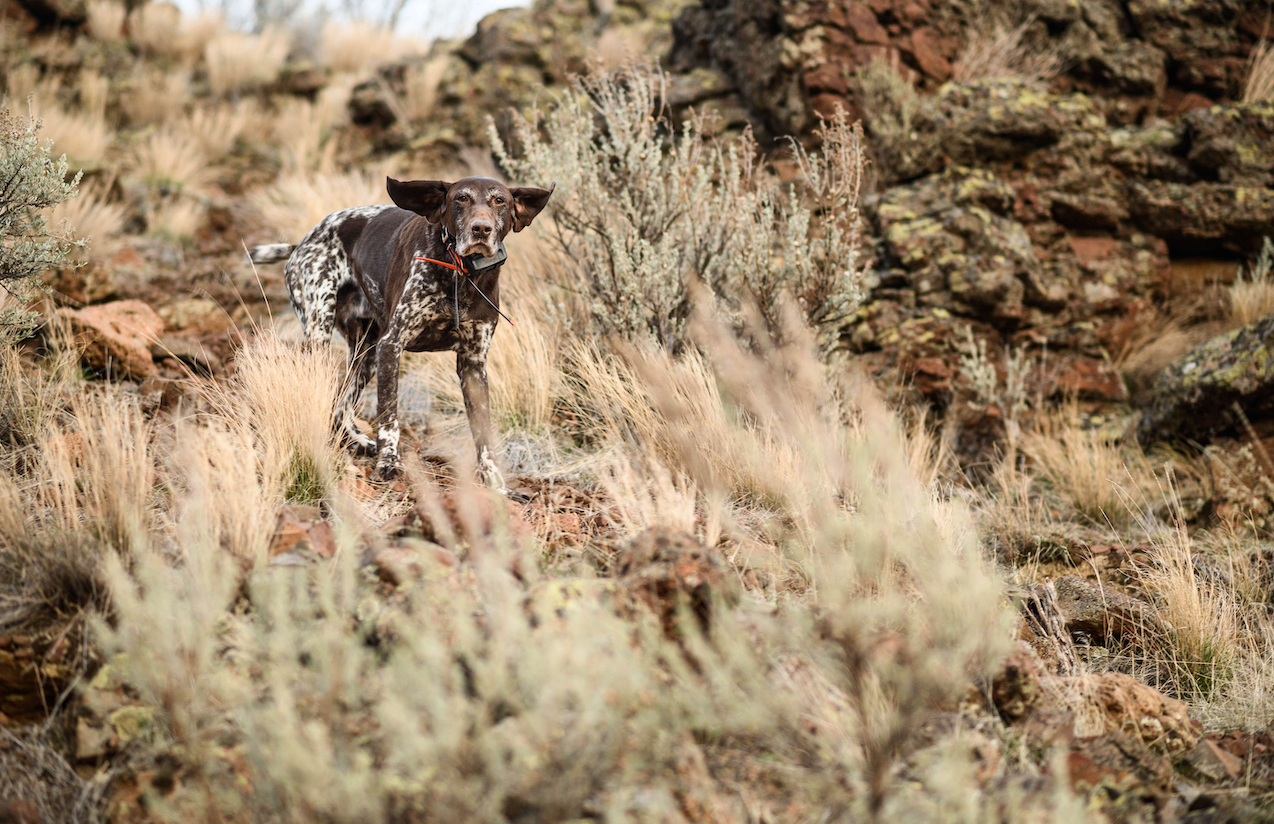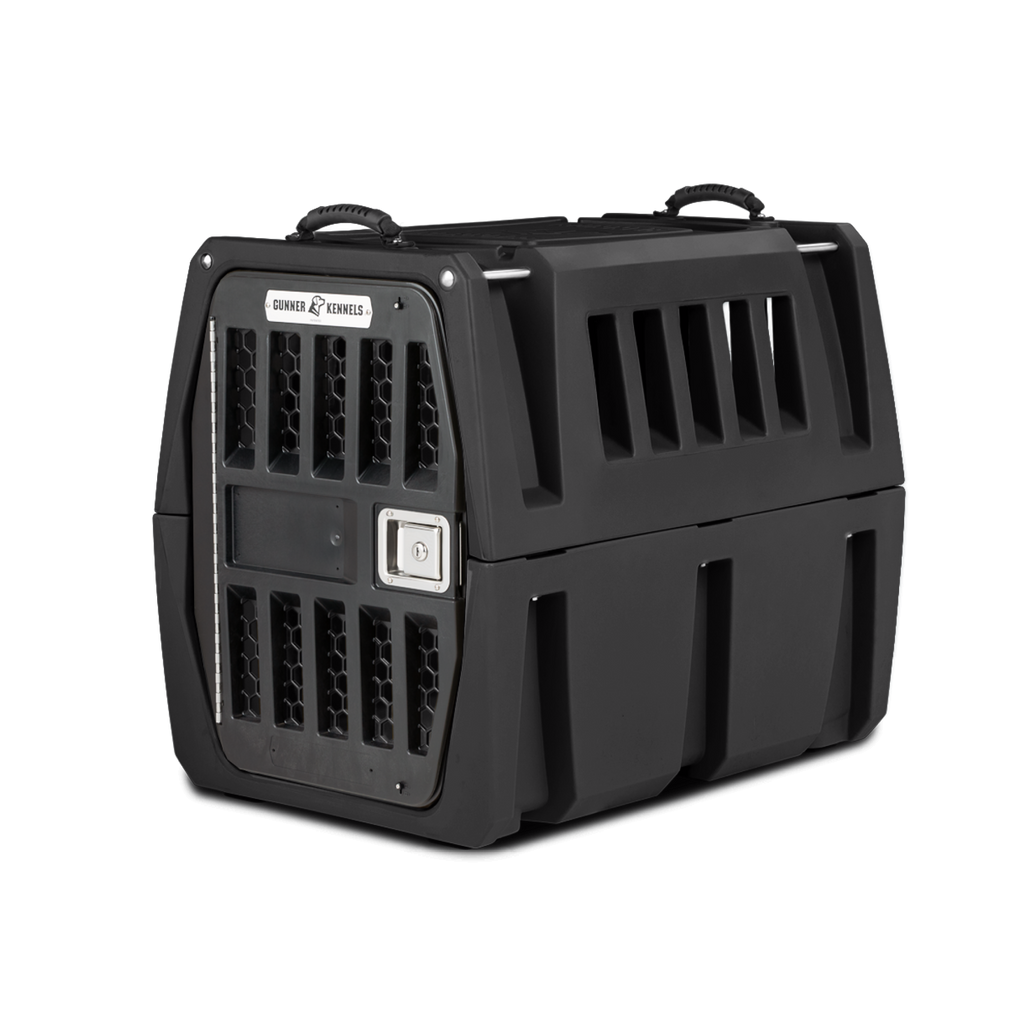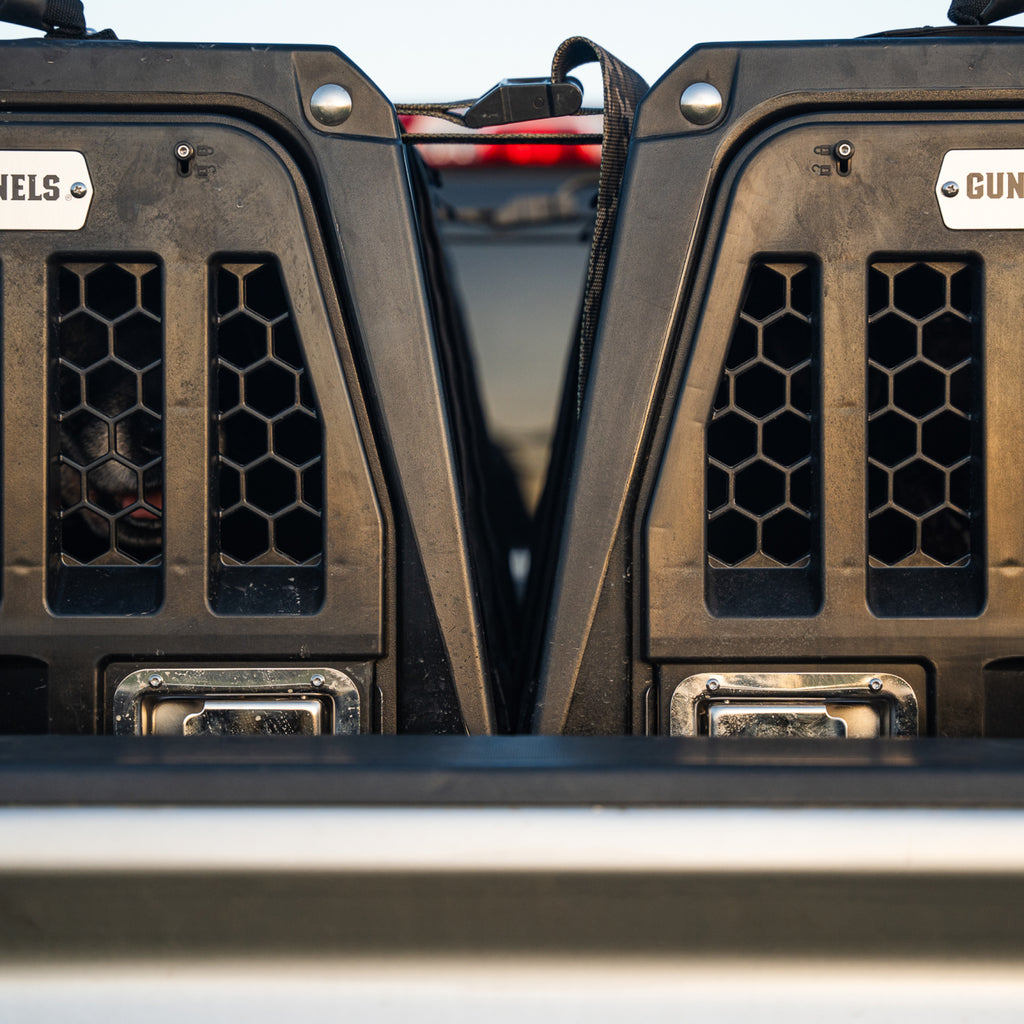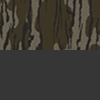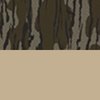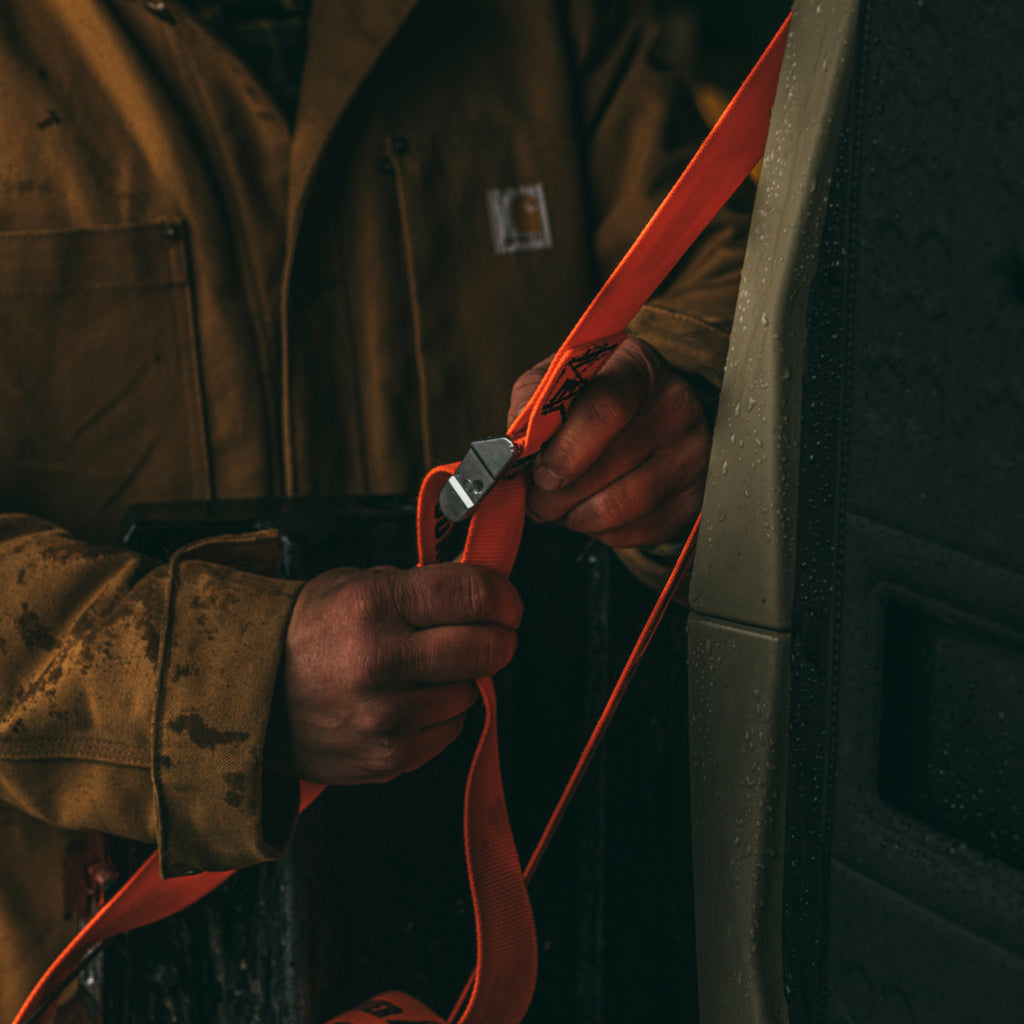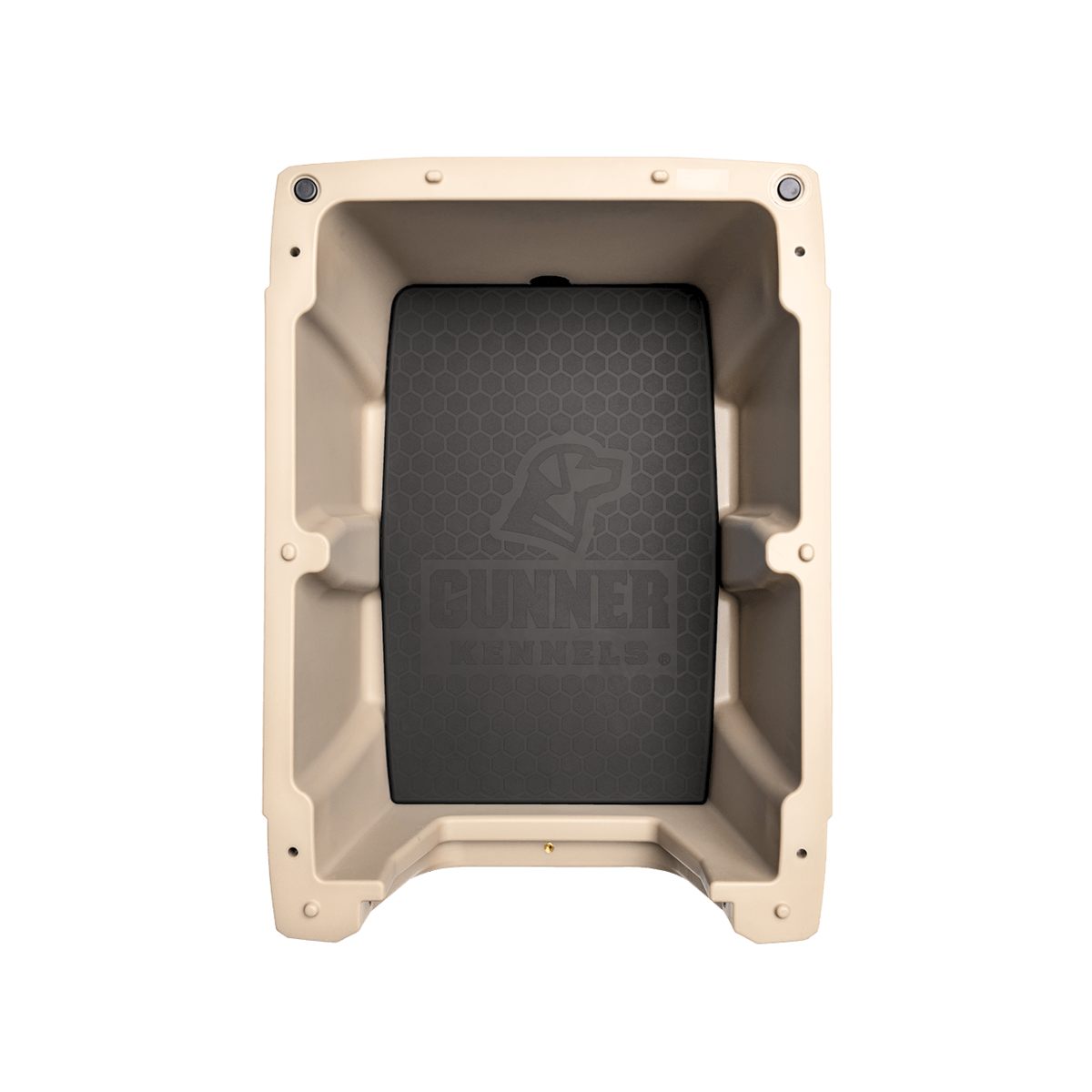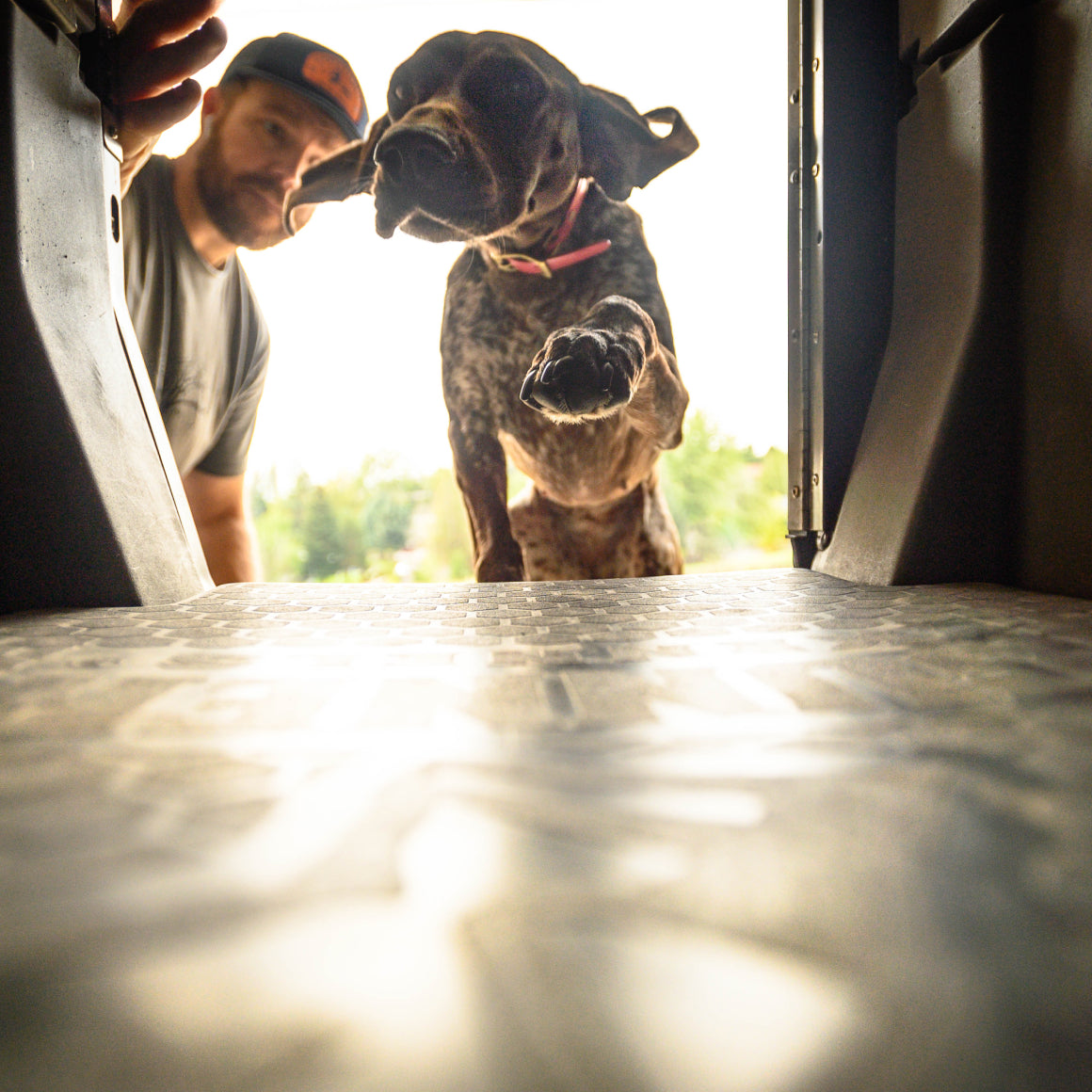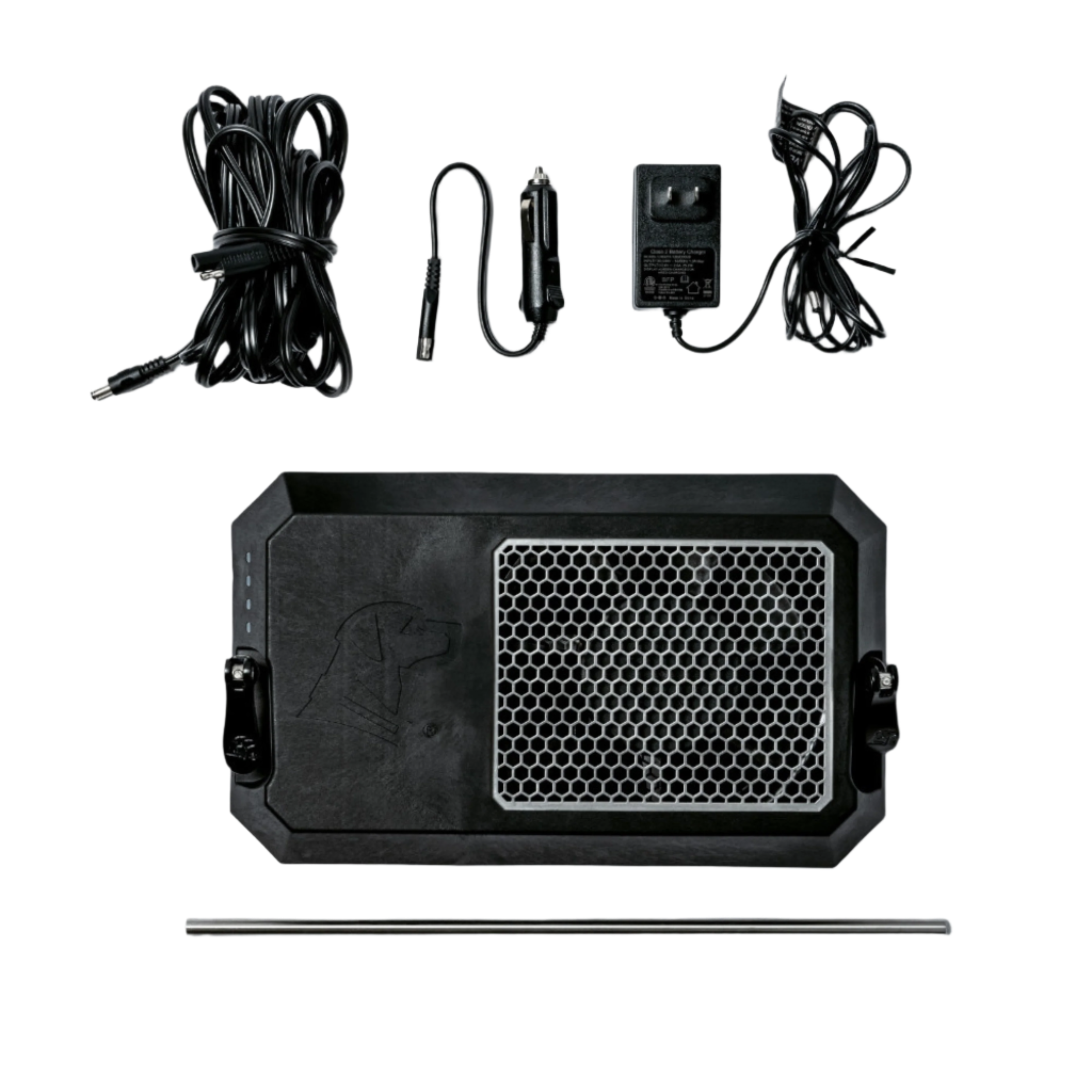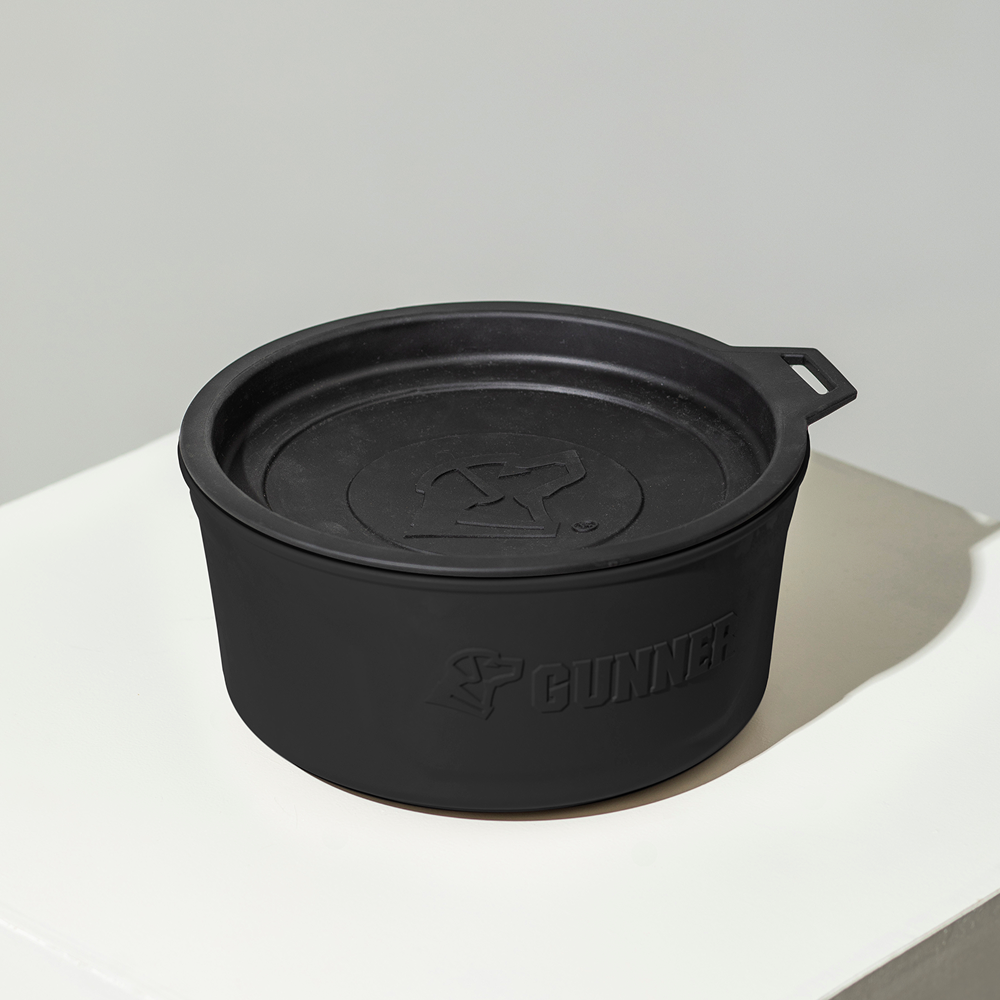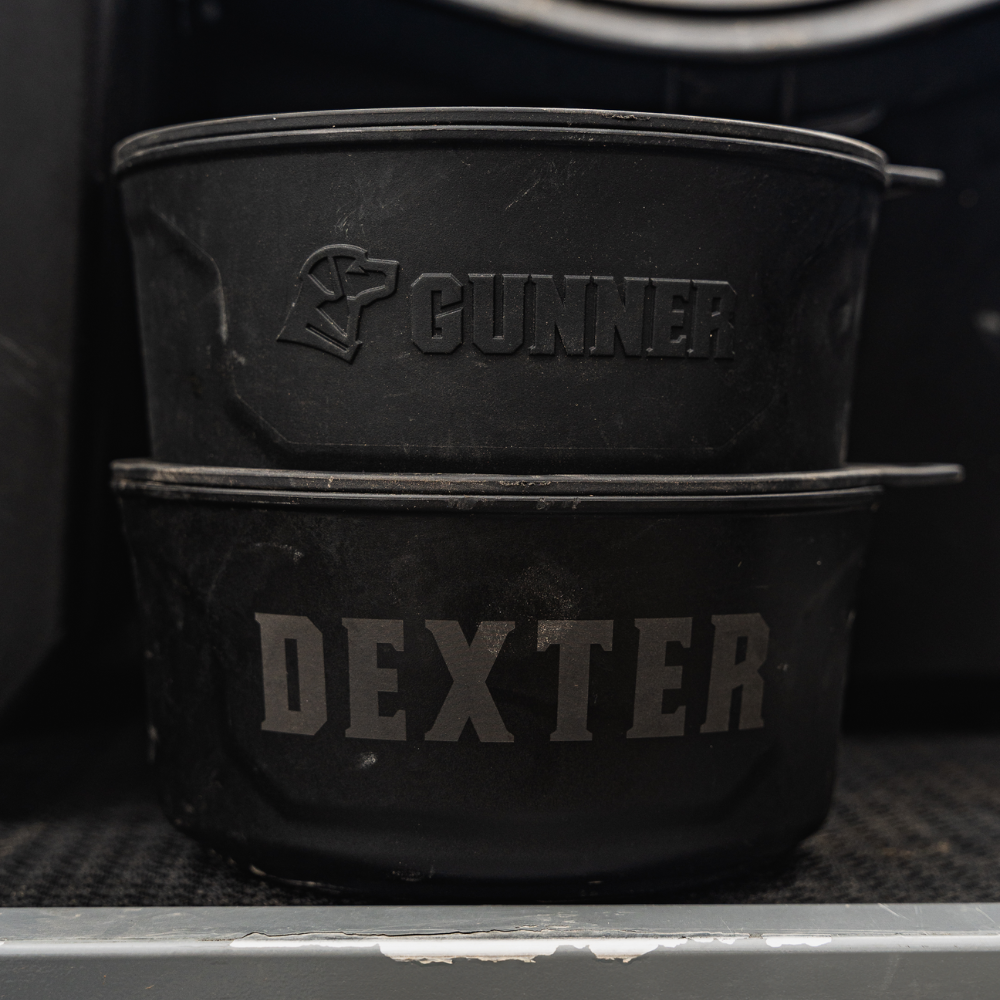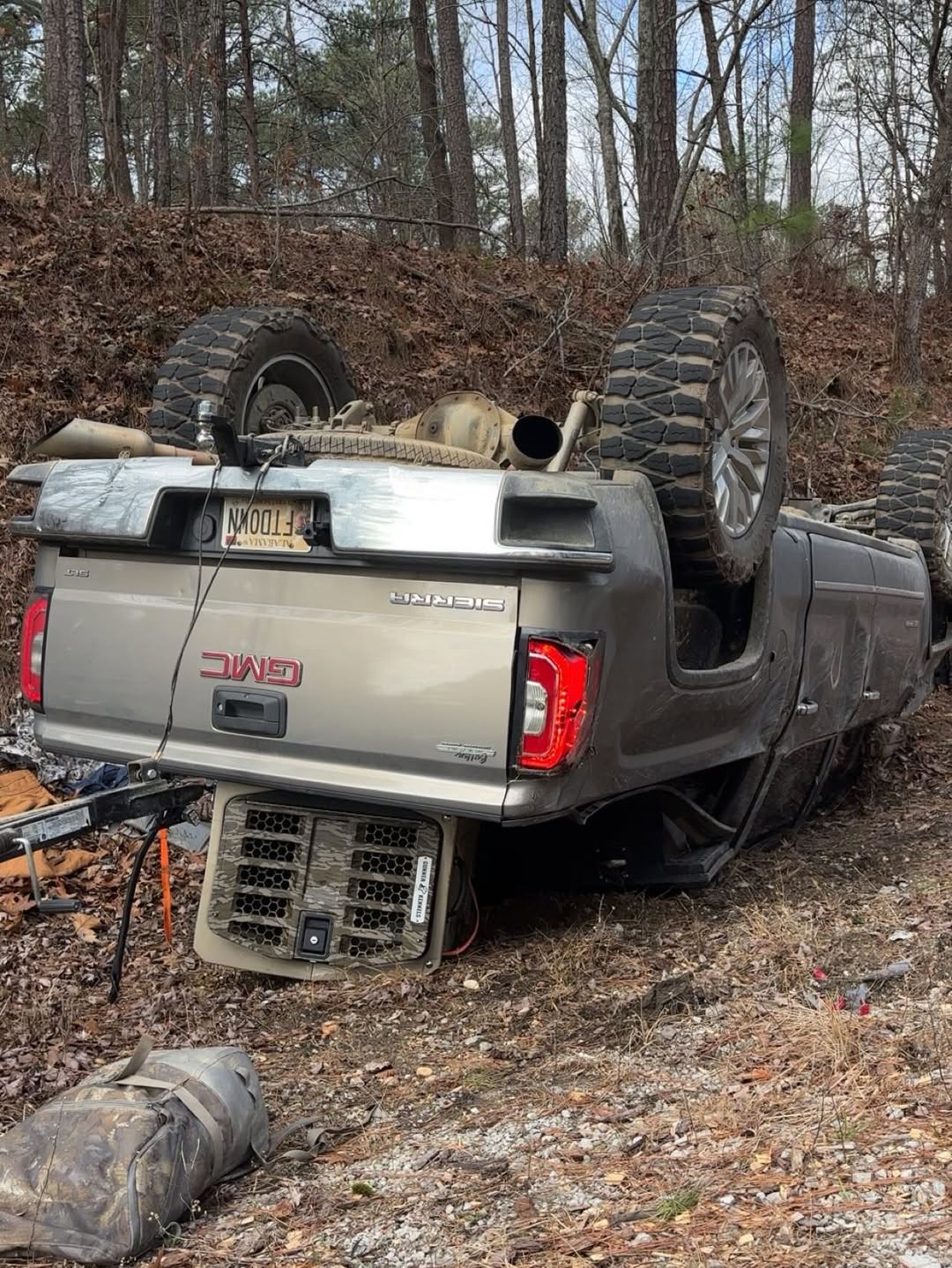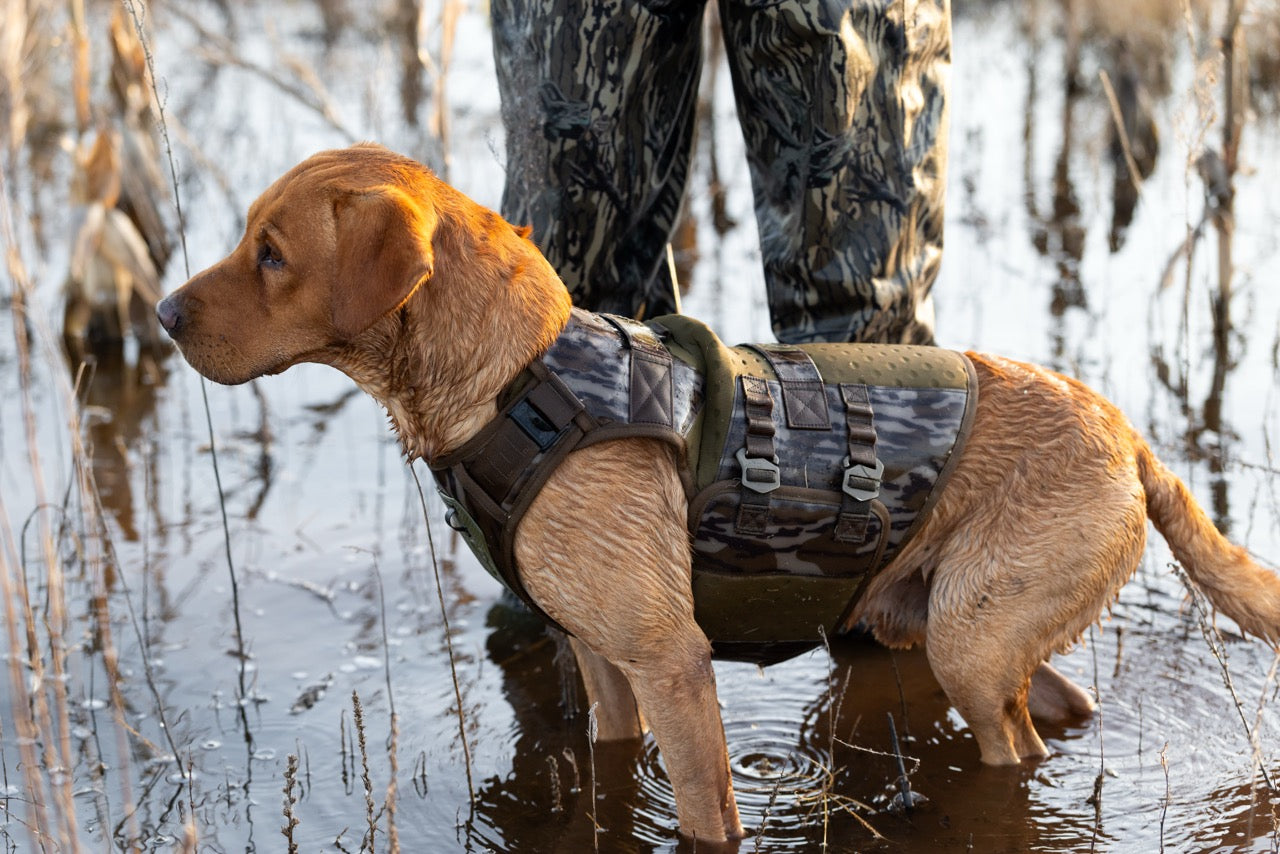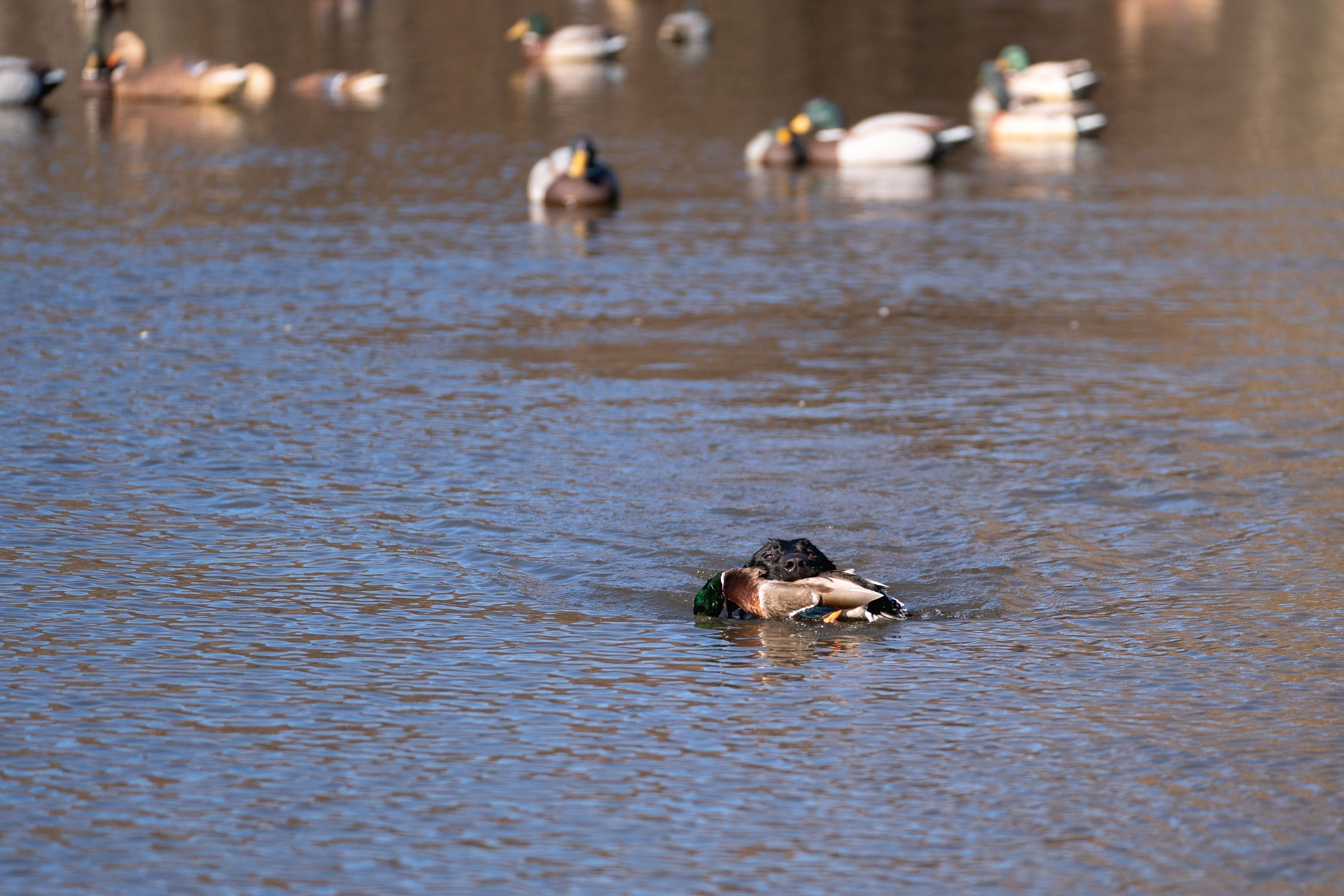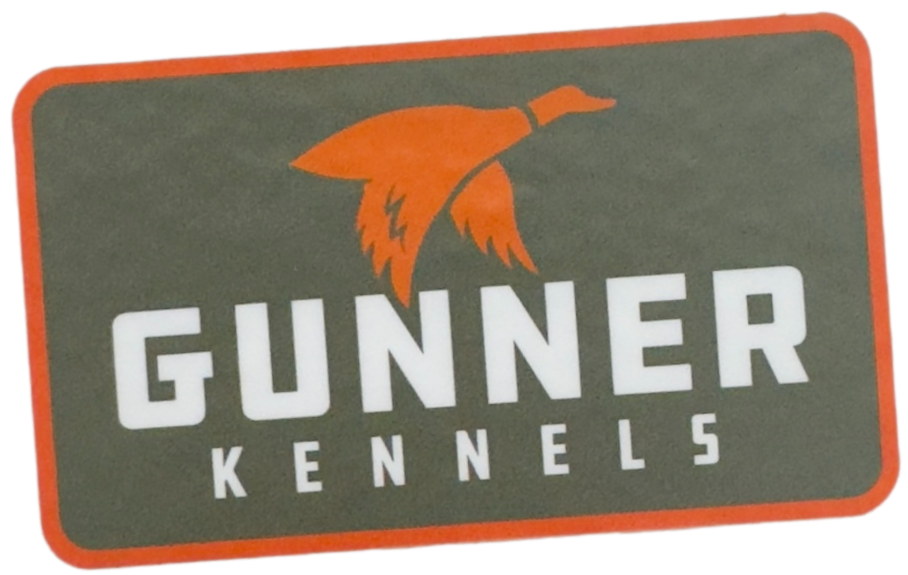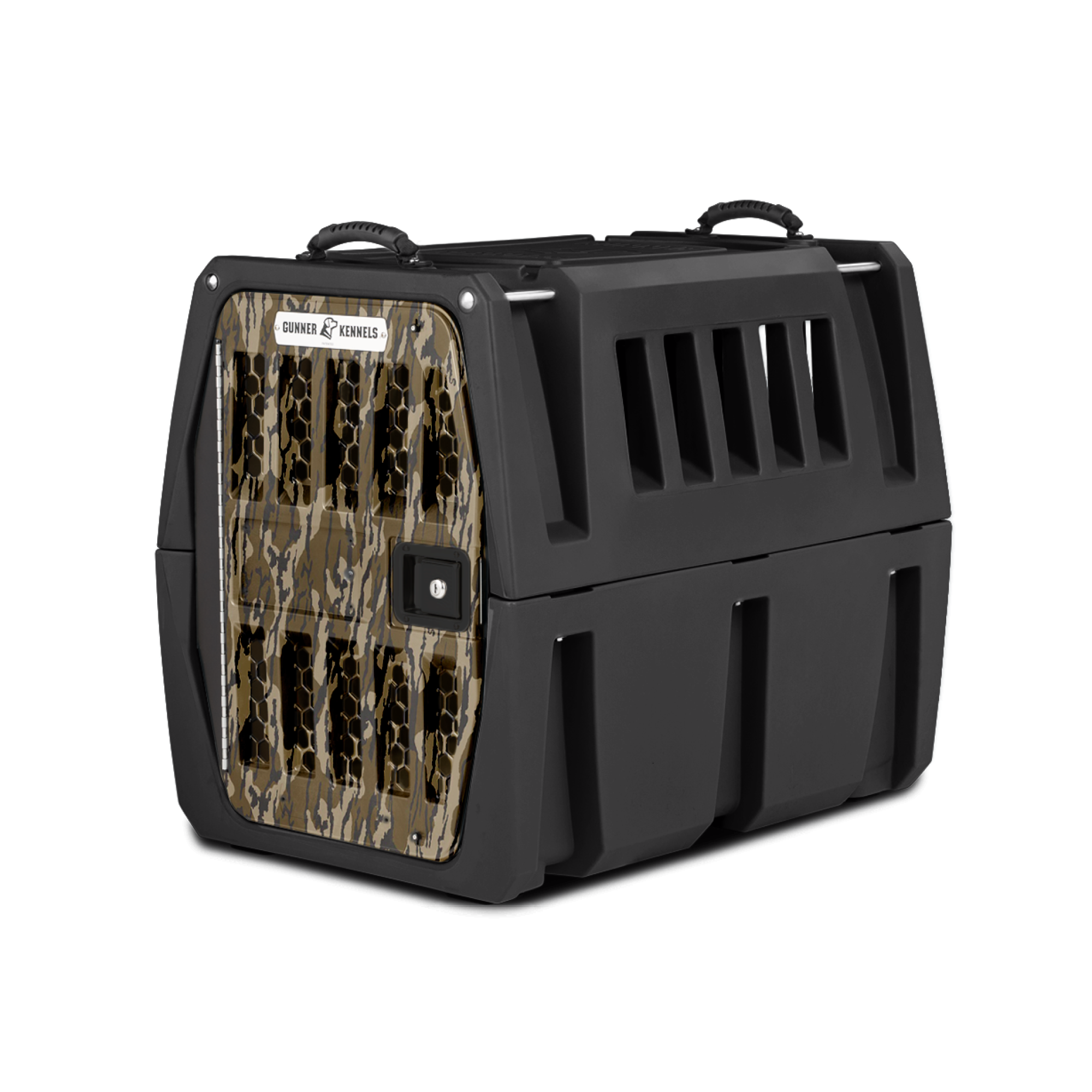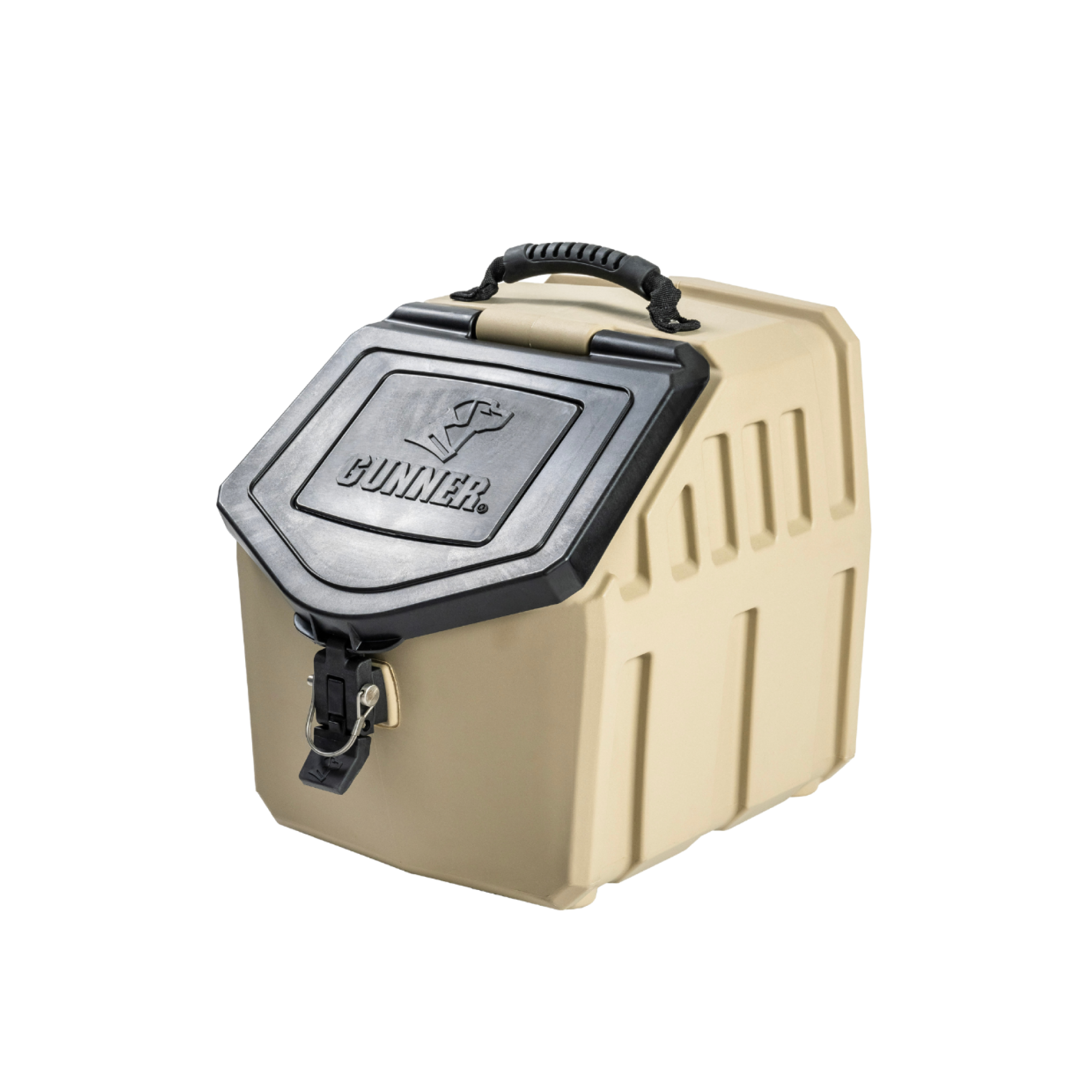You’re asked hundreds of questions a day. But what’s the #1 question you get asked as a vet?
Far and away the most common question I receive is, “when should I get my dog spayed or neutered?”
The answer for all of them is: “It depends.” There are many factors to consider, but the answer boils down to how comfortable the owner is with certain risks. Like any complicated decision, there are pros and cons to every option. My job is to help you decide which risks you’re willing to accept and which you aren’t, and make a plan that’s custom-tailored to your preferences.
That makes sense. So what’s the #1 think you wish all dog owners would understand?
To avoid sounding like a broken record, more than half of all the problems I deal with (in bird dogs especially) would be wiped clean if owners kept their dogs fit and lean. Getting owners to understand their pet is overweight is a huge hurdle in overcoming this serious medical issue and remains a constant challenge for me in practice.
As a DVM, what’s your best training tip for a first-time dog owner?
I’ll put a veterinarian spin on this: Be the boss.
Be kind but firm and consistent. Handle your puppy’s mouth, feet, ears, eyes and let them learn that being managed (and occasionally messed with!) is normal, safe and part of being in your “pack.” If an injury occurs down the road, your dog will have confidence in your ability as a leader and understand that being asked to do something uncomfortable on occasion is part of their job.
Because most hunting dog owners are good at establishing this framework in their puppy training, bird dogs are usually my most compliant patients. That saves a lot of headache for us in the veterinary field and a lot of money for my clients.
Kind of funny question here, but what’s the one thing you wish dogs knew?
I’m just trying to help. It’s rare in my job that my patients acknowledge that’s what I’m doing.
Of course, their owners show gratitude for the work we do to help their sick or injured pet, but often the patients react with an attitude akin to “why are you messing with the thing that hurts?” When I worked part time at a zoo just prior to applying to veterinary school, the zookeepers would tell me, “if you want animals to like you, don’t be a vet.” The zookeepers bring the food and the fun stuff, whereas we bring the needles and discomfort. To that end, it’s a thankless job, but the looks of appreciation from owners and the satisfaction in knowing we were able to do what’s best for the animal keep me inspired.
The only patient where I truly felt the love was a chocolate Lab that had some spinal injuries after being hit by a car. He and I hung out and bonded for days, and after a lot of work on both our parts (along with a lot of luck), he recovered.
Now when he comes in, he gets close and nuzzles me, which the owner says is completely out of character for this pup. “He remembers what you did for him,” the owner says. I like to think that’s true.
Where does this passion for dogs originate for you?
Watching a dog do what it was bred to do is one of the most satisfying things in the world – hunting, herding, rodent control, police work, cadaver work or a well-trained service animal, it doesn’t matter. It’s all magical to see them engaging body, nose and brain in a task that I’m completely incapable of doing on my own. Everyday I see situations in which humans and animals share a powerful bond, and it’s one of my greatest joys as a veterinarian to help maintain and strengthen that relationship.
That’s got to be cool!
You started out in the outdoor industry, then became a vet in your “second life.” We want to hear how that happened.
I’ve always loved writing and photography, but journalism had started to lose its luster when the recession hit a decade or so ago and newspapers began to struggle to stay relevant and survive.
I called for a career “audible,” and over some beers one night, some close friends and I were throwing out ideas of what options I could pursue. We all turned and looked at my bird dog curled up at our feet, oblivious to the conversation, and someone said, “how about being a vet?”
It’s not a glamorous story by any means, but that moment was an inspiration that fueled me for six grueling years of school. In all honesty I thought I would fail along the way, but I enrolled in classes hoping for the best. I already had one undergraduate degree (Go Heels!) but essentially had to take two years of prerequisite courses just to apply. It was one of the toughest things I’ve ever had to do.
I will admit that undergraduate courses are much easier when you’re older, more mature, and focused on what you’re trying to accomplish. I was nowhere near disciplined enough to achieve that goal in my late teens and early 20s! If it lights your fire, you’re never too old to make it happen.
What’s the thing about dogs in particular that interest you, as both a vet and a gundog owner?
If you’ve ever watched a pointer work a field at a steady clip for hours on end, or seen a retriever emerge from the cattails with a duck you swore was lost, then you understand what amazing athletes dogs are. The physiology involved in their athleticism truly fascinates me and drove me into the profession. In everyday practice though, I love canine reproduction, and if I could work exclusively on breeding and medical cases involving the reproductive tract, I would.

You’re doing an “Ask a Vet” series with MeatEater. Why did you choose them to partner up with?
I was an early adopter of the MeatEater podcast, tuning in for the first time with a friend on the drive home from a chukar hunting road trip years ago. As we listened, I thought to myself that these guys seem to approach hunting the same way I do. They place a high value on conservation, fair chase and ethics, and they appear to love all aspects of time outdoors, not just the moment the trigger is pulled.
When the company grew and expanded into publishing hunting and fishing articles, it felt like a natural partnership. I didn’t have to change anything about my message to conform to a different set of values. They’re big game hunters at heart, but a large segment of their fan base owns and hunts with bird dogs, and it’s been a big thrill to watch that segment of their readership grow. When things were tough in vet school, I would sit back and daydream about the opportunity to write and shoot photos again, but with the voice and experience of a veterinarian. With a lot of hard work and even more luck, what was once a former journalist’s fantasy has come to fruition.
Full circle! What’s your favorite place these days to hunt with your dogs?
I’m not gonna lie, Montana is where it’s at. If you’ve hunted or cast a fly there, you know why. The landscape can be harsh and unforgiving, but the reward is sweet for those that persevere. I moved there almost 20 years ago, having only read about it in books. I found a job after college and relocated there sight unseen, knowing that this southern-born boy was looking for something only found in the open lands of the West. Part of my adoration of Montana stems from those formative years learning to hunt and fish under the Big Sky, like a young romance that forever occupies a special place in your heart long after you’ve parted ways. I go back as often as I can, and it never feels like enough.

A followup to that one – what’s your favorite species to hunt with your dogs?
The answer to this question has changed over time, but I’d say that chukars are about the perfect species for my favorite breed, the GSP. Ample public land, limited pressure, lots of bird contact and a vast landscape that allows the dogs to open up the throttle all contribute to the appeal of these non-native birds. If you’ve got the legs and lungs for it, there’s nothing quite as fun as hunting chukars.
If you could be any dog breed (besides the German Shorthairs you currently own), which would it be?
Who doesn’t love a Labrador? They live to hunt, swim and eat. My definition of a perfect day would involve those three things. They always have a jolly disposition and generally embrace with enthusiasm everything and everyone they meet, an admirable quality I continually strive to emulate.
In between teaching courses and working this week, Dr. Bynum is finding some time to take advantage of the last weekend in Washington. Check out some of his photos below, and follow @gunnerkennels on Instagram for his takeover.
“The skyline silhouettes really sum up the experience. The wind was howling and clouding my vision with tears. The dogs are locked up on a covey above me but I’m completely out of breath, trying to muster the energy and oxygen to make the climb to join them. Chukars never seem to be anywhere convenient or easy.”
More About Seth Bynum
Dr. Seth Bynum is a North Carolina native but has lived in the northwest for more than 15 years. He is a second-career veterinarian, having spent more than a decade as a writer and photographer for newspapers and magazines in Montana and Washington. When he’s not in the clinic, you’ll find Dr. Bynum outdoors with a shotgun or fly rod, accompanied by his two rambunctious German Shorthairs, River and Shine. Follow Seth at the aptly named @birddogvet.

Read More: Meet Our Gunner Ambassadors

